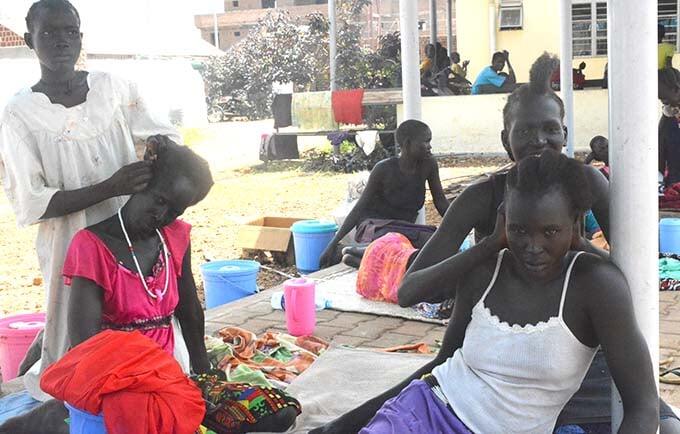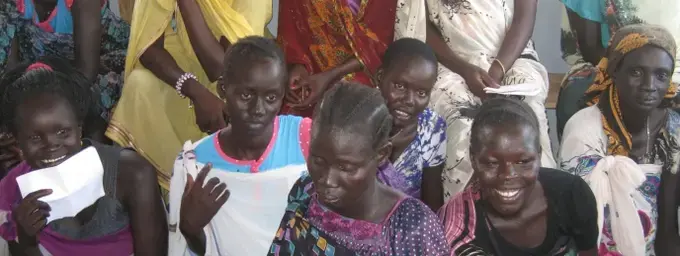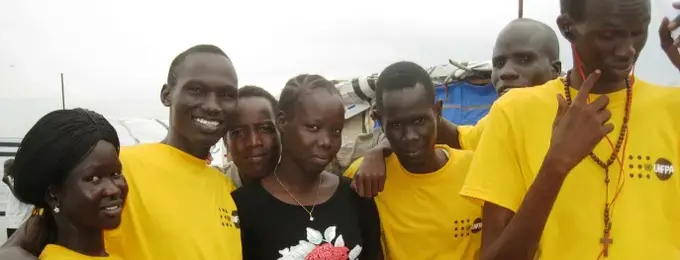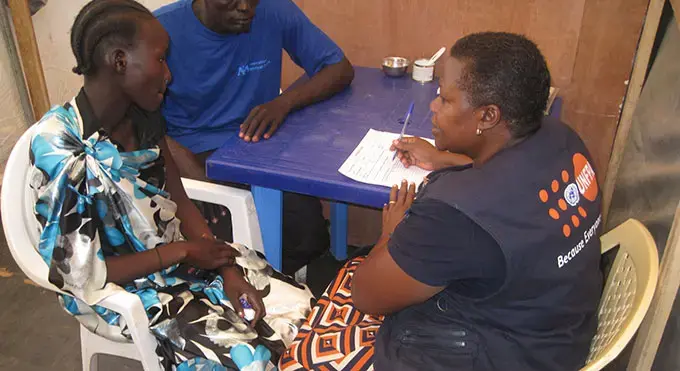AWEIL, SOUTH SUDAN – Veronica Atar Deng was in her early 20s when she had obstetric fistula. She has fully recovered now but the experience was not a walk in the park as she had to go through three surgeries to correct her condition.
In April 2014, a medical team organized by the Ministry of Health and UNFPA, the United Nations Population Fund, came to Aweil for a fistula campaign, offering free corrective surgeries to fistula survivors. Although already jaded by her two previous surgeries, Veronica decided to try the third – and hopefully, the last – time.
It turned out to be one the best decisions she has ever made for herself. Her previous surgeries were unsuccessful because she did not follow post-operative recovery instructions given by the doctors. But today, there is not a trace in her persona that she was once stigmatized for having the fistula, a condition that causes health problems such as chronic incontinence and infections, and subsequent social isolation.
This is why she went out of her way to encourage fistula survivors to enlist for a free surgery when she learned that the MOH and UNFPA were organizing another fistula repair campaign in Aweil State Hospital last September and October. Like her, she wanted the women to regain self-esteem and be reintegrated into the society after being turned away by their communities including, for most, by their husbands.
The women – most of them in their 20s and 30s – plaited each other’s hair as they waited to be discharged following their surgery. They wanted to look good when they get home with a renewed vigor in life. Veronica, now 30, gave the women tips for quick recovery and cracking jokes to keep their spirits high and distract them from their worries.
“While you are beautifying yourself, let me stress one thing to you: follow the doctors’ instruction about the duration of time you have to abstain from sex. If you don’t, you will come back to Aweil Hospital leaking with urine again,” Veronica told the women.
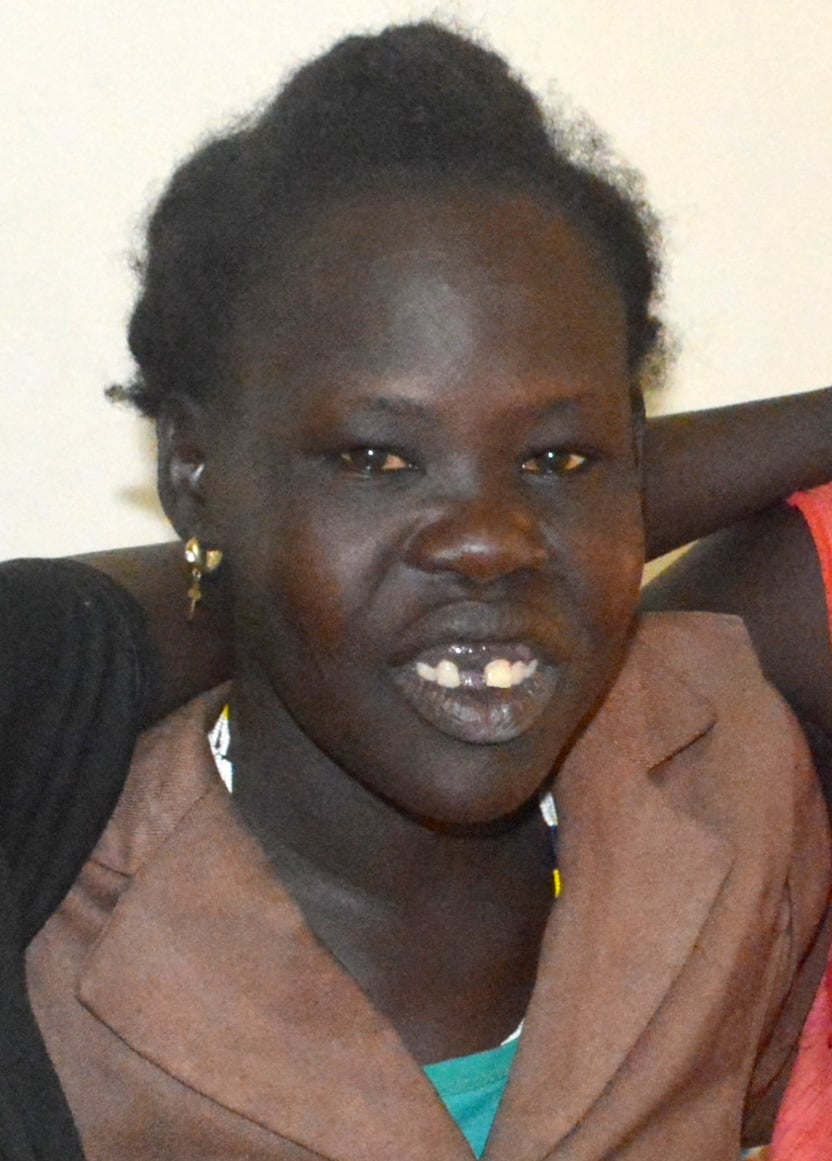
Veronica also encouraged them to become anti-fistula advocates even just within their families, especially for their younger sisters, just what she did.
Her own ordeal with obstetric fistula made Veronica learn more about the condition so she can pass it on to other girls. She is now well aware that early marriage, prolonged labour, and unskilled birth attendance can contribute to the childbirth injury.
“I advise my sisters against marrying early and they listen to me. The problem is the boys who walk with their hands in their trousers pockets and do not care,” Veronica said, referring to the cultural tradition where a woman’s view is disregarded by men.
The greatest menace to young girls, she added, is the moneyed old men because they can attract parents with so many cattle in exchange for their underage daughters in marriage.
Veronica’s advocacy seems to pay off. The girls in the surgical ward committed to join her in the fight against obstetric fistula – beginning at home, and starting with their own sisters.
South Sudan has an estimated 60,000 cases of obstetric fistula but the figure is expected to be higher, considering the many unreported cases. Through the support of UNFPA, the MOH is able to conduct regular fistula campaigns in various states, providing free fistula repair surgery and training South Sudanese doctors on the procedure.
At the same time, UNFPA supports health education emphasizing on the importance of skilled birth attendance, family planning, and elimination of harmful practices that contribute to the vulnerability of women and girls to the condition, such as child marriage and adolescent pregnancy.
Albino Okeny/UNFPA South Sudan

